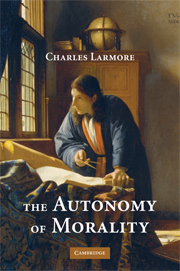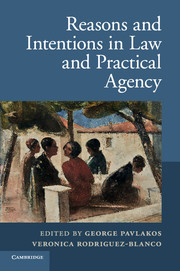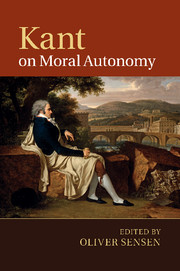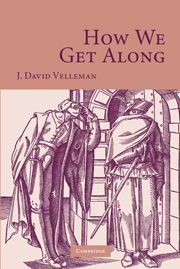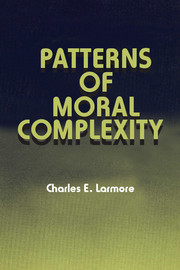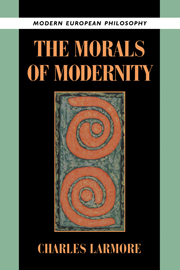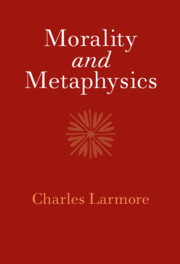The Autonomy of Morality
In <i>The Autonomy of Morality</i>, Charles Larmore challenges two ideas that have shaped the modern mind. The world, he argues, is not a realm of value-neutral fact, nor is reason our capacity to impose principles of our own devising on an alien reality. Rather, reason consists in being responsive to reasons for thought and action that arise from the world itself. In particular, Larmore shows that the moral good has an authority that speaks for itself. Only in this light does the true basis of a liberal political order come into view, as well as the role of unexpected goods in the makeup of a life lived well.
Charles Larmore is W. Duncan MacMillan Family Professor in the Humanities and Professor of Philosophy at Brown University. The author of <i>The Morals of Modernity</i> and <i>The Romantic Legacy</i>, he is a member of the American Academy of Arts and Sciences. In 2004 he received the Grand Prix de Philosophie from the Académie Française for his book <i>Les pratiques du moi</i>.
- Covers a broad historical range of authors including Kant and Nietzsche
- Connects moral and political philosophy with questions in epistemology and philosophy of mind
- Clearly written
Reviews & endorsements
"Addressing a range of issues both within and outside ethics and political philosophy, Charles Larmore's The Autonomy of Morality makes a distinctive and importance contribution to contemporary liberal thought."
Social Theory and Practice, James W. Boettcher, Saint Joseph's University
Product details
November 2008Adobe eBook Reader
9780511426605
0 pages
0kg
This ISBN is for an eBook version which is distributed on our behalf by a third party.
Table of Contents
- Part I. Reason and Reasons:
- 1. History and truth
- 2. Back to Kant? No way
- 3. Attending to reasons
- Part II. The Moral Point of View:
- 4. John Rawls and moral philosophy
- 5. The autonomy of morality
- Part III. Political Principles:
- 6. The moral basis of political liberalism
- 7. The meanings of political freedom
- 8. Public reason
- Part IV. Truth and Chance:
- 9. Nietzsche and the will to truth
- 10. The idea of a life plan.

